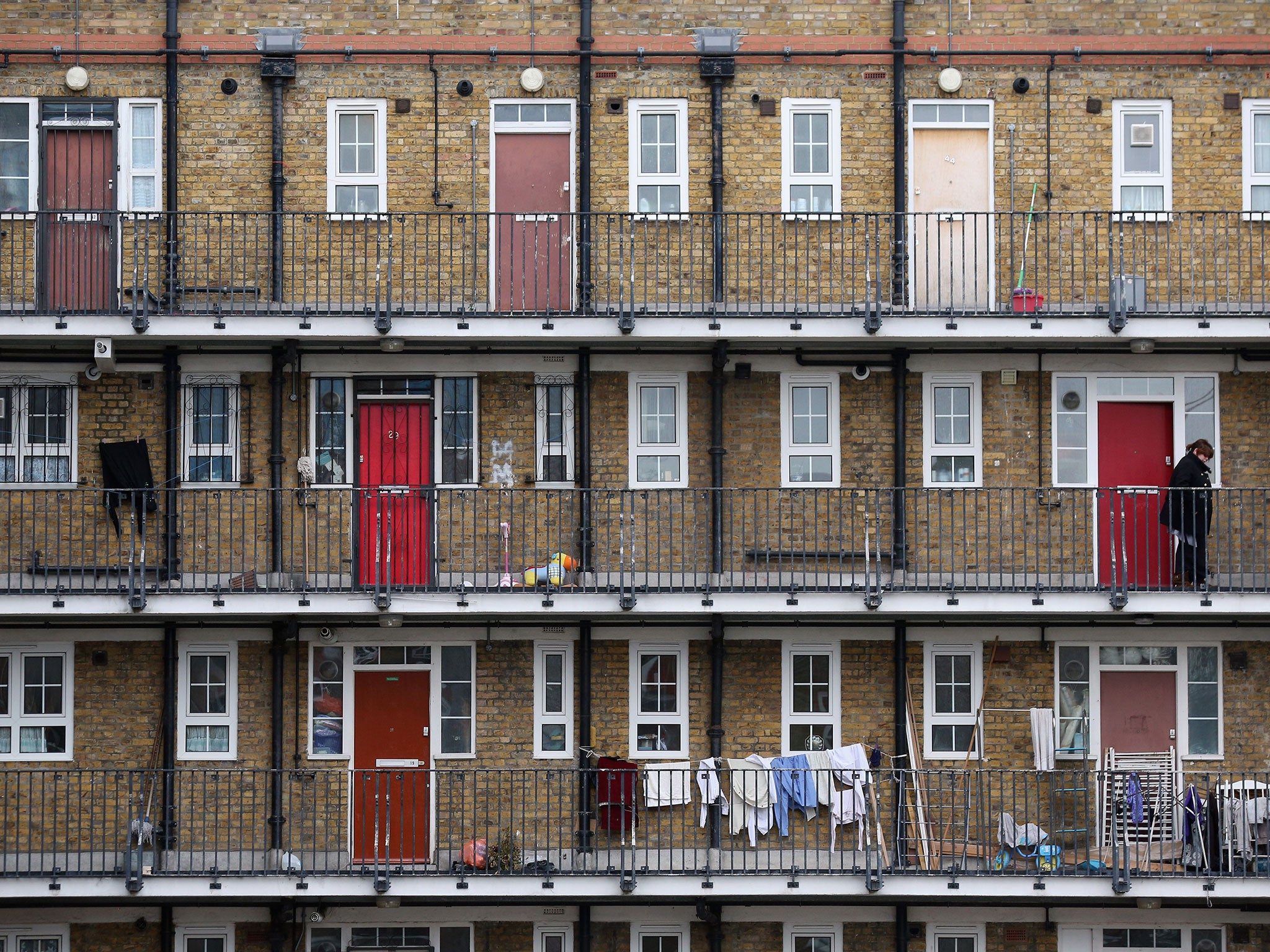Millions of Britons 'only days from the breadline,' claims report
Many have no strategy to deal with 'loss of income' – and would quickly have to rely on benefits

Your support helps us to tell the story
From reproductive rights to climate change to Big Tech, The Independent is on the ground when the story is developing. Whether it's investigating the financials of Elon Musk's pro-Trump PAC or producing our latest documentary, 'The A Word', which shines a light on the American women fighting for reproductive rights, we know how important it is to parse out the facts from the messaging.
At such a critical moment in US history, we need reporters on the ground. Your donation allows us to keep sending journalists to speak to both sides of the story.
The Independent is trusted by Americans across the entire political spectrum. And unlike many other quality news outlets, we choose not to lock Americans out of our reporting and analysis with paywalls. We believe quality journalism should be available to everyone, paid for by those who can afford it.
Your support makes all the difference.The true extent of many Britons' financial fragility is laid bare in a report to be published this week. Millions of people are less than a month away from having to survive on benefits, or help from friends and family, despite the average household thinking they could last 77 days after a "sudden loss of income", warns a new report.
In reality, the average household is just 29 days away from this point, while others are much closer still, according to the Deadline to the Breadline report to be released this week.
Despite the concerns expressed by many over the rising cost of living during the year ahead, as well as fears of falling wages, more than a third of homes (36 per cent) have "no strategy in place to cope with financial hardship", says the report from Legal & General which draws on analysis by the Centre for Economics and Business Research (Cebr) and a survey of almost 5,000 people in the UK.
The survey reveals wide variations in the ability of people around the UK to survive job loss or another major setback. Those in Wales would only be able to survive for seven days if there was a financial problem, compared with their counterparts in London, who would be able to last for 83 days before their money ran out, according to the survey. It found people of working age (18 to 64) are just two weeks away from the breadline.
Homeowners who have paid off their mortgage are in the best position, able to last for 426 days before exhausting their reserves. While those with a mortgage would have just 22 days before their money disappeared. And the typical household living in private rented accommodation is just two days away from the breadline, the report warns.
A 2 per cent rise in interest rates would take the typical household with a mortgage one day closer to this point. Even a rise of just 1 per cent would have an impact – meaning households would no longer be able to save each month and would have to change their spending habits, or rely on existing savings, to make ends meet.
Low interest rates combined with falling incomes in real terms have resulted in households saving £8.12 less per month on average in 2014 compared with last year. And more than a third (35 per cent) of the population have not saved any money to protect them in the event of an unexpected shock to their income.
The findings highlight "the harsh reality that many households are on the brink and just weeks away from becoming reliant upon family, friends or the state. Despite improvements in the employment market, the average working-age family is just two weeks away from the breadline," according to John Pollock, the chief executive of Legal & General Assurance Society.
"With new economic headwinds approaching and an interest-rate rise on the horizon, now is not the time to be burying our heads in the sand," he added. "Talk of the economic recovery and an increase in consumer confidence could lead many people to revert back to their old habits when now really is the time to think about protecting their future."
Subscribe to Independent Premium to bookmark this article
Want to bookmark your favourite articles and stories to read or reference later? Start your Independent Premium subscription today.
Join our commenting forum
Join thought-provoking conversations, follow other Independent readers and see their replies
Comments